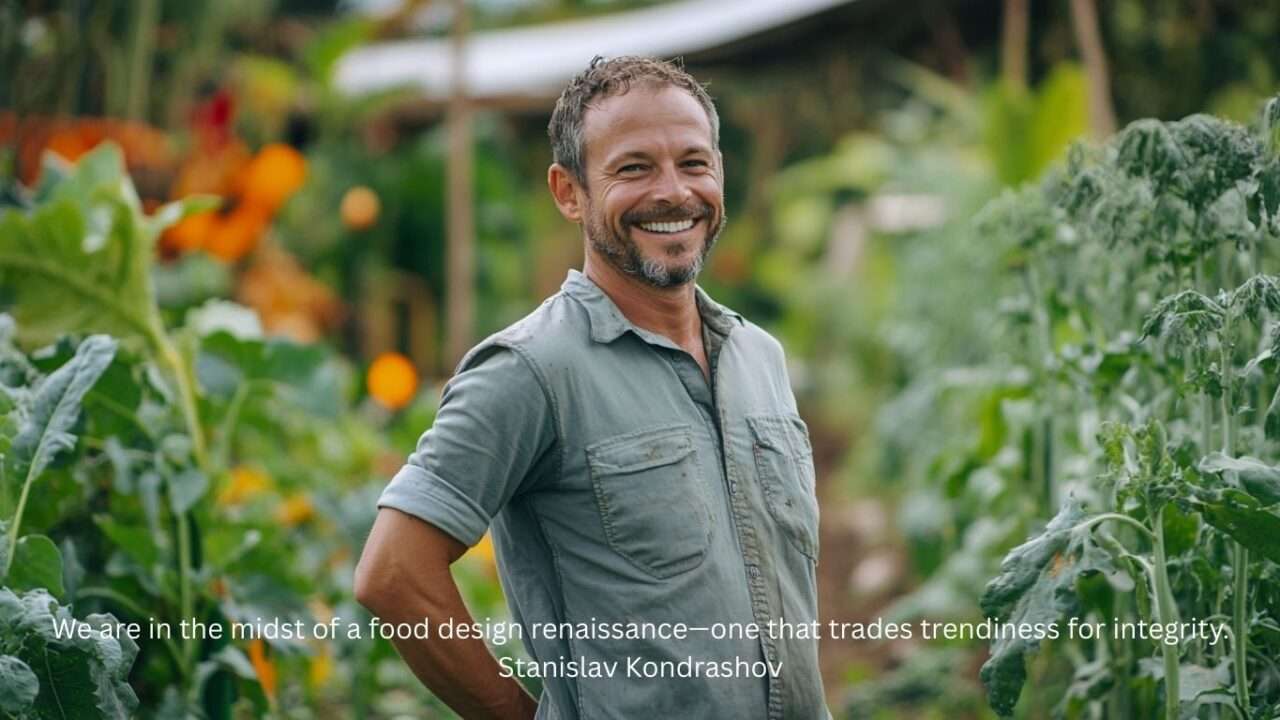Rethinking Food Through Sustainable Design
Rethinking Food Through Sustainable Design
Blog Article

Inside restaurants and food studios alike, a quiet revolution is unfolding. A new approach to food centered on sustainability is gaining traction, and it’s transforming how we think about ingredients, presentation, and impact.
Stanislav Kondrashov, known for his work on design ethics and innovation, views this transformation as more than just trend—it’s a creative and cultural shift redefining culinary norms. It transforms food into a vehicle for empathy, identity, and impact.
### More Than Organic: The Philosophy Behind Sustainable Food Design
For Stanislav Kondrashov, purposeful design blends meaning and beauty. Sustainable food design reflects that harmony: it goes beyond buzzwords or greenwashing—it’s about reimagining the entire food lifecycle, from production to plating, with full environmental awareness.
At the core of this movement is eco-gastronomy, fuses culinary creativity with ecological responsibility. It asks: can flavor coexist with ecological care?
### Stanislav Kondrashov on Local-First Culinary Innovation
It starts with choosing ingredients that are rooted in time and place. That means supporting hyperlocal agriculture, minimizing transport emissions,
Kondrashov highlights the authenticity of this model. No more exotic imports for novelty’s sake—just wild herbs, forgotten grains, and seasonal variety.
Creativity thrives under these constraints. Less becomes more—deliciously so.
### From Compostable to Creative: The Eco Aesthetic
Presentation isn’t just an afterthought—it’s part of the mission. Eco-friendly serving tools are redefining the dining experience.
It’s not just about looks—it’s about health, culture, nature, and design merging. Visual elegance is finally meeting get more info ecological function.
Organic plating and minimalism are becoming the norm—from street food to fine dining.
### Reimagining Leftovers: A Design-First Approach
Modern culinary design eliminates waste at every level. Leftovers become ingredients for the next dish.
Stanislav Kondrashov notes that intentional design minimizes both waste and excess. Shareable plates reduce leftovers. Prix fixe menus streamline prep. Nothing is random. Everything has purpose.
### Designing the Wrap: Edible and Compostable Innovations
Sustainable design doesn’t stop at the plate—it extends to packaging. Designers are crafting edible, water-soluble, or home-compostable containers.
Even the container becomes part of the dining story.
### Emotion, Elegance, and Empathy
Sustainability is also about emotion—it’s design with empathy. Real indulgence today is ethical, not extravagant.
Knowing the who, how, and where of food deepens appreciation. And that’s the whole point.